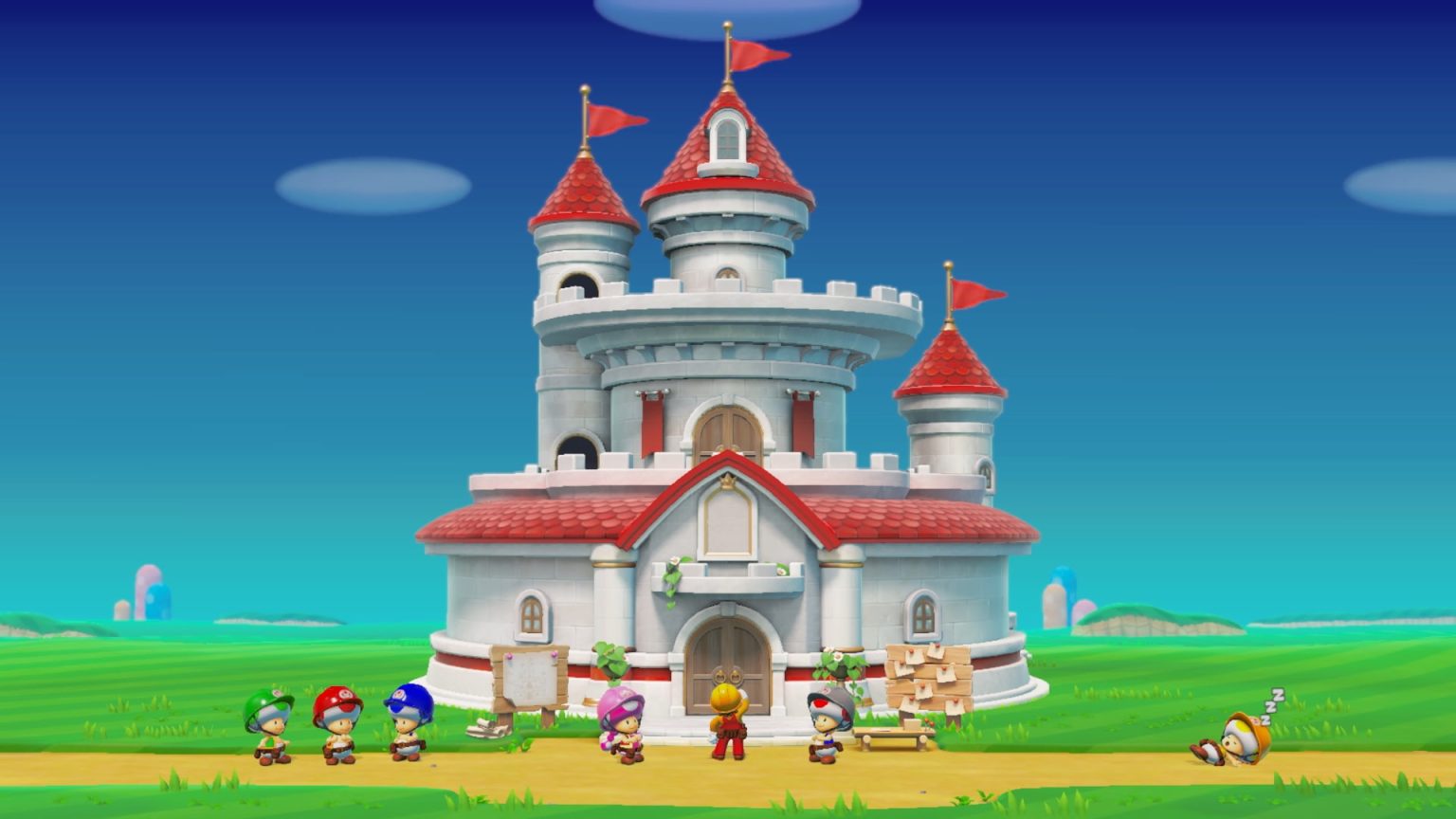For those of us who love, play, and appreciate video games, the end of the year is especially exciting because everyone gets to give us their Game of the Year lists. But why do we do these lists? Why do we care? Why should anyone? For this edition of Punished Chat, I spoke with this very site’s David Silbert about how we approach making our own lists, what we value, and why they exist at all.
Sam: I wanted to do this because I’ve been thinking about what to do about my Game of the Year list. I don’t want to give away anything on that just yet, but I couldn’t really think of how to make this year’s GOTY list because the best games I played this year didn’t come out in 2019. Chrono Trigger can’t be my game of the year because it came out 25 years ago, or can it? Who knows? And then I thought, “Why do we do these? Why is it important for people to read these?” So for you, what’s your general approach when you make one of these lists, and what are you trying to accomplish when you make them?
David: That’s a good question. I think an important distinction to make is to determine what the goal of the specific site is. When we first did Game of the Year back in 2017, it was more about getting people to come to a consensus on a handful of games, and that can be tricky. It’s different at every site, like how Polygon or IGN do GOTY. In IGN’s case, they have categories everyone votes on, and it makes each voter have to be more objective and consider “best” versus “favorite.” And that’s an argument I have with Kei a lot: When we think of Game of the Year, Kei likes to approach it as, “I might have liked a game a lot, but I admit it has a lot of flaws and so it can’t be in the running.” Whereas from my perspective, when I’m making my own list, I’m absolutely going to go with the games that I enjoyed the most from that year. So subjectivity is super important for a list like this. And if you’re doing it where the whole site is voting on something, they way I look at it is you don’t want the list to just look like every other list out there. We want it to be unique to our site. So I think that’s what’s important about a GOTY list: It provides a little flavor about the opinions of the editors and writers for the specific site in question. It’s a way for the writers to reflect on the past year and for the audience to get an idea on their perspective.
S: I generally agree with that. I think one of the pitfalls you encounter, and we’re seeing this a lot more now, is big AAA games that are almost designed to be GOTY candidates before they’re even out. There’s obviously a diversity of opinion with all these games, even if it isn’t reflected in a Metacritic score, but sometimes it feels like a foregone conclusion. And, like… if we put Game of the Year up to a vote last year, I would have voted against Red Dead Redemption 2, even though it made my top ten list and others’.
D: I think I would have been the only one who voted for it…
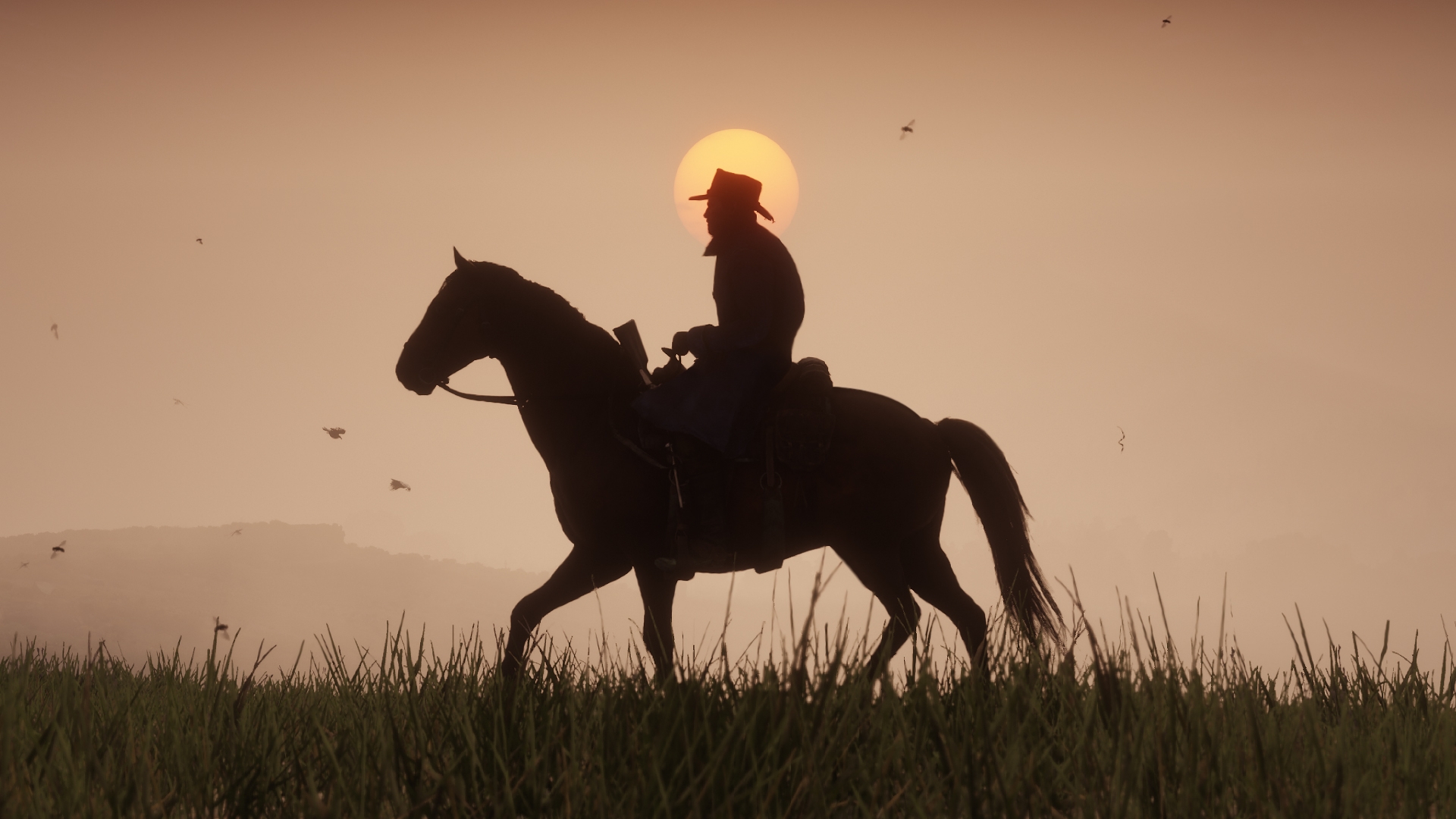
S: And I’ve been playing God of War lately and would have voted against that too. And it’s not because these games are bad or overrated, but there are going to be these disagreements, not just about whether people like a game but whether a game deserves to be even mentioned with that kind of honor at all. I think that’s a challenge that arises when you have a group doing it. When you’re doing individual lists, it allows for people to bring out more games, but you’ll still see, especially if you go to Kotaku or Polygon, there will definitely be games on people’s lists where if you asked them in a couple of years “would you still put that game on that list” they might say no. So should we go back and maybe re-do or revisit past lists? Like, if I went back and re-did my list from last year, it would be in a completely different order. And I don’t think my thoughts then reflect my thoughts now, and I wish there were some way to do that in a way that’s interesting.
D: To your point, I think it’s important to look at Game of the Year lists as a point-in-time thing. I think it’s really important to do that. Just think of it in terms of traffic: I don’t have a lot of traffic going to our past GOTY lists. I feel like people just aren’t interested in hearing what a Game of the Year was in the past, short of like a “Game of the Decade” list or what won at The Game Awards. But in terms of what somebody’s thought process was for their personal GOTY list in 2017, I feel like there’s this understanding that people’s tastes change over time, and even games change over time. Even something on your list in 2017 might not be on your list now because maybe it hasn’t aged well or whatever reason. I think it’s important to keep that in mind. So when I approach this, I want to go by my gut reaction. You know, what were my personal favorite games of the year? By definition, that makes sense. But looking back, I might feel like the ranking would have changed, or some game wouldn’t be on the list anymore. I think it’s healthy to reflect on the past sometimes. That’s just the way I look at it.
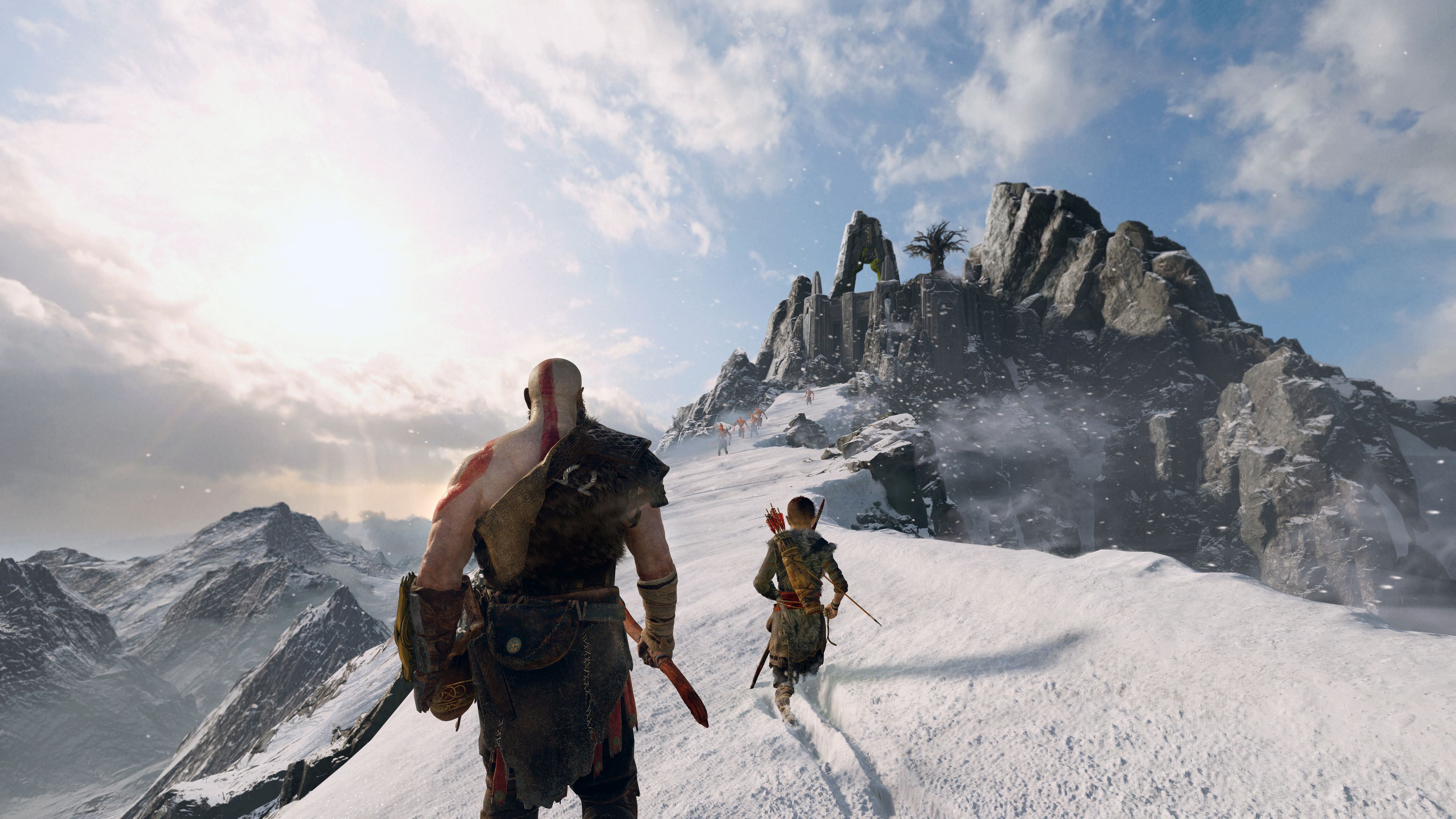
S: Just to go on a different path — I’m looking at my list for this year, and there are a couple games that probably were my favorites, but they were games I already sort of knew I would like anyway before I even played them. I’ll just say it: I’m talking about the Link’s Awakening remake and Super Mario Maker 2. I already played the original Link’s Awakening on Game Boy, and I put over 300 hours into the first Mario Maker. If you ask me which games from 2019 I enjoyed the most, I’d probably say those, but what’s the point of even having a list if I just say every year that I like all these Nintendo games and they always end up near the top? Or if you’re someone who’s really into some of the Sony exclusives… There are some people I know who, no matter what, will play and love whatever game FromSoftware makes and make that their Game of the Year. So Sekiro immediately cruises to the top of their list anyway, as Bloodborne and Dark Souls III did previously. That makes me ask why we even make these lists if it’s just going to be effectively the same every year. That’s why for my list last year, I didn’t even put Assassin’s Creed Odyssey that high, because I bought that game already knowing I would enjoy it, so it felt weird to give it high props since I hadn’t played that much of it yet.
D: I would argue that — and maybe it depends on the person — but for me personally, when I reflect on making my list this year, I’m kind of surprised at my current frontrunner for Game of the Year. It’s a game I didn’t expect to like as much as I did, as I may have liked what the developer made in the past but not as much as others. That’s why I think it’s important for me to do these lists. I’m a very internal person; I love to reflect on what I enjoyed over the year. So I think making these lists is a good exercise for me to get my thoughts on a web page, but I’m also interested in other opinions on these games. What I think is cool, and it definitely shows on this site, is that people don’t always follow the same trends every year on what games they play. The medium is fairly dynamic, so every writer could have a totally different perspective on what the year for games was like. Honestly, you’ve written a lot about Mario Maker 2, and I’d be shocked if it didn’t make your list! But there’s always a chance that people could be surprised by the last bit of a game and put it on their list in an unexpected move, or even remove a game for that same reason. For example, I played an Apple Arcade game for a review recently, and I loved it, and if weren’t for an awful ending it probably would have made my Game of the Year list.
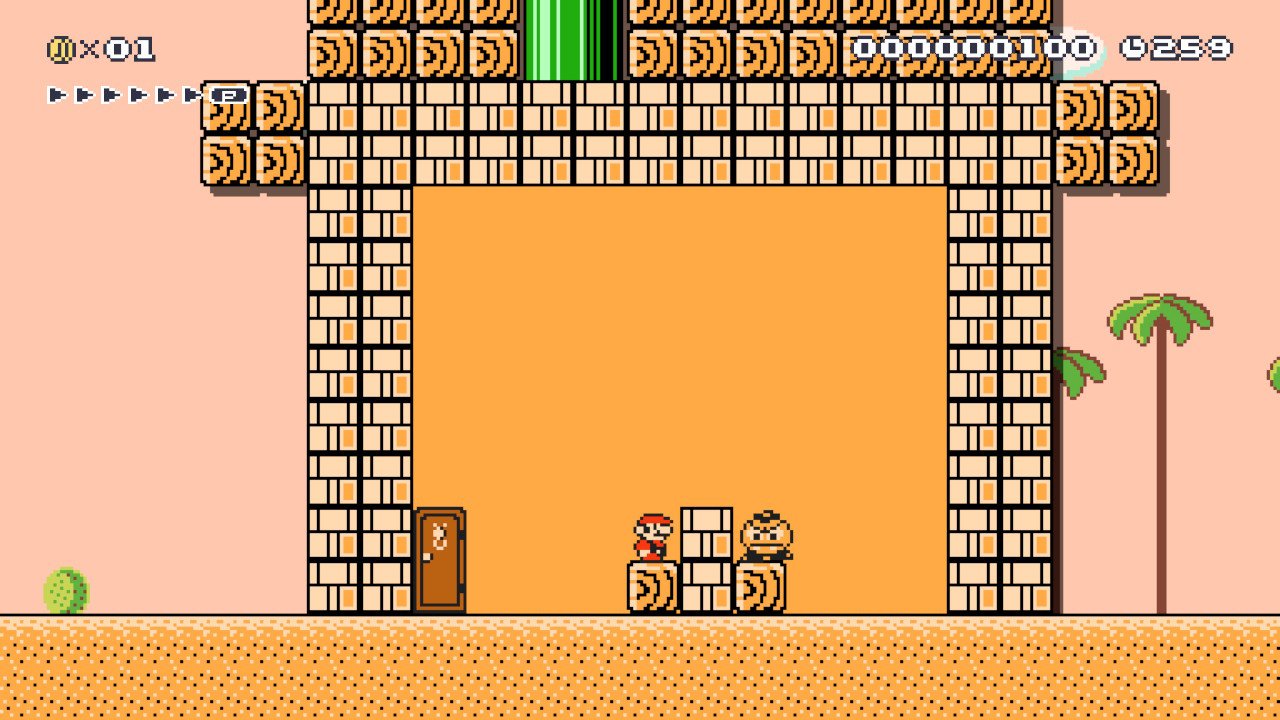
S: It’s funny. Without giving too much away, I already know what will make my list this year is mostly familiar experiences. Most games I enjoyed this year either are in series I’ve played before or share mechanics/concepts with games I’ve already played. I didn’t play or love a lot of games in 2019 that really pushed boundaries, which is very different from last year, where almost all the games I played (except for Super Smash Bros. Ultimate, which ironically was my favorite) were unique and out of the box (e.g., Sea of Thieves, Into the Breach). Sometimes a year is full of those interesting, new experiences, and sometimes you have a year where you fall into our comfort zone in gaming.
I guess going back and reviewing some of these lists makes sense when you do what Polygon did and make a “Top 100 Games of the Decade List” or something. Just to point out, though: Last year, Polygon named God of War their number one Game of the Year, and it was like 38th on their top 100 games of the decade list, so in just a matter of months they’ve completely altered their opinion on just how good that game actually was…
D: Well, at least in the broader scope of looking at that game in reference to all the other years. They might have viewed it as an important step for gaming at that point in time, but when they took a step back, they realized perhaps not. Maybe it’s not that influential.
S: Well that’s the thing: So many AAA games are designed for you to love them and view them as a Game of the Year. I compare it to seeing certain action movies, where it’s really exciting to see it on the big screen, and then a week later you forgot that you even watched it.
D: Interesting analogy!
S: I remember when I saw Mission Impossible: Fallout in theaters, I thought, “Wow, this is a great movie!” And then a few weeks later, someone asked me if I’d seen any good movies lately and I said, “No, not really.” I had totally forgotten I’d seen Fallout! And it was a good movie. But that’s the thing that happens anytime Rockstar makes a game, or Naughty Dog, or whatever. It’s a big thing that’s a big deal, and people get really into it. But then some time passes and we get excited about the NEXT big Rockstar game or Naughty Dog game or Blizzard game. Like, think about Grand Theft Auto V. It’s one of the most popular games ever, but if you asked a lot of people (well, maybe people at our site at least) if they think GTA V is a seminal game of its generation, I’m not sure a lot of people would say that.
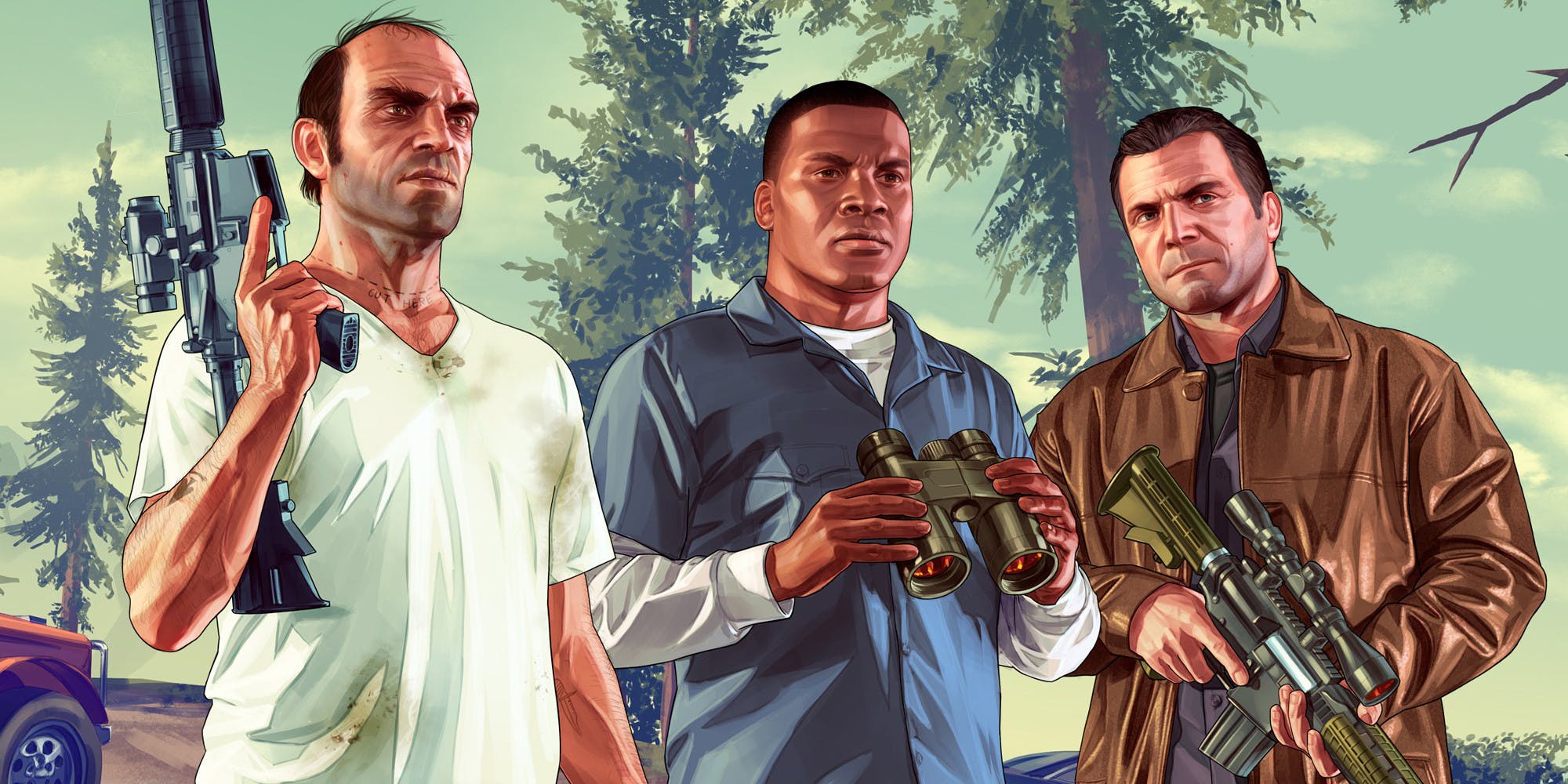
D: If anything, based on what you’ve said, I think it’s more of a fault of how we view AAA versus indie. We get caught in the hype cycle for AAA games where we’re constantly waiting for the next big thing. I wouldn’t put a lot of that blame on the games themselves. I’m not even the biggest fan of GTA V, but I think it had a lot of interesting ideas and I think if I went back and played it again, I would be pleasantly surprised. And I stand by my view that the 20 hours I played of Red Dead Redemption 2 were excellent, and the best 20 hours I played in 2018. But it’s easier to play other games in between. I probably put 200 hours into Smash Ultimate this year, and I haven’t even thought about Red Dead. So it’s not mutually exclusive; I feel like it’s possible that, in a vacuum, you could have really enjoyed an experience at a point in time. But as we get caught up in the cycle of what’s next, sometimes it’s easier to just put more time in a game like Smash then boot up my PS4 to play more Red Dead, which is deliberately slow and hard to play in small bits. And then there’s the next Rockstar game, and everyone’s already moved on to the next big experience. I think that’s more the byproduct of AAA development than on the game itself, if that makes sense.
S: Yeah, I see what you mean there. Another thing I wanted to ask: Why are we so obsessed with the singular year itself when making a list of your own year in gaming? The game I enjoyed playing the first time most this year — and wrote the most about — was Chrono Trigger. I also played Nier: Automata and God of War, games that didn’t come out this year but defined what my gaming journey was this year more than any game I actually played from 2019. Would it make sense to, instead of doing a standard Game of the Year list, do a “year in review” or something? Instead of making a list of the ten best games of the year, just do something that chronicles everything you’ve played that year? I think that would more accurately reflect how people actually play games and experience them. Not that I need the Oscars or the Grammys to do that too, but do you think it would be more interesting that way?
D: My answer to that is it depends on the person and the specific list. People do sometimes do what you’re talking about: On our own site in 2018, Anna didn’t have that many games that she played that year, so when it came time for her to make a list, I think she was a little anxious about how it would turn out. So I told her, “Why don’t you just talk about the games you’ve been playing this year?” And so she decided to write about playing Mario Kart on a plane with a stranger and other experiences like that. That’s not something you or I would have likely written about, because we played enough games from 2018 to make a more traditional list. I think there’s always a place to talk about games you’ve enjoyed that are older. At another site where I do a Game of the Year list, they encourage us to include slots for “Best Game of 2019 that I played that didn’t come out in 2019.” We have a dedicated slot in our lists for a game like that. We don’t focus the lists on just games like that. But I can totally see, depending on the person and the structure that they’d want to accomplish… I think it’s really interesting. It also gives you an idea of how games age. What was the reasoning behind you playing this game now? I think it’s all a really interesting story to be told, and that’s why it’s great to have that added context. Maybe do a second list? I think it depends on the context.

S: I also think it’s important to note that we live in an era of different forms of video game availability. Like we said in a previous Punished Chat about how backlogs keep piling up… I played Everything a week ago (it came out in 2017) and you can get the whole idea of the game in about an hour of playing. But that was probably the most interesting game I played all year; not the best, but I only got it because it was free on the Epic store. It was a game that I just hadn’t really thought about before.
Anyway, I remember that Game of the Year used to be a bigger deal in games media, and I think now it just matters a little bit less. I think it’s because most people are more cognizant of how gaming isn’t just playing something and then moving on to the next thing. Games last longer now, get more support and updates, and could exist in the mainstream for years, when that wasn’t always the case before. I just think that, no matter how people want to do these lists, the newer lists should try to reflect that.
We also have live services (or games-as-a-service) now. For example, I played No Man’s Sky a bunch last year after the Next update was released, and I chose not to put the game on my 2018 Game of the Year list only because the base game didn’t come out that year. But in retrospect, it was by far the most interesting game I played in 2018, and if I could go back, I might tweak my 2018 list to explain that. Do you think we should be thinking about games that way?
D: I do like the practice of people going back and revisiting reviews, and not just for end of the year lists. I understand that it’s a huge undertaking for certain sites, so I don’t think it should be done all the time. But there should be frequent updates on a game if there are major updates or a huge DLC drop or a massive rule change… I think it’s important to see how games grow and to have this mindset that games are no longer in a static age. It’s not like what it used to be, where nothing gets patched and that bug on level 3 is always going to be there. We’re just never going back to that age, especially as we’re going toward an online, streaming, subscription-based future. So, naturally, we’re going to have to reorient the way we look at games. And that might mean, to your point, taking into account on Game of the Year lists that maybe a game didn’t come out this year, but something drastic changed about or happened to its structure that would merit its inclusion. We’re already looking at a possible overhaul to, say, Anthem, and that might be something to look at for next year. And who knows what the structure for that game will be in 2020.
S: Maybe they’ll charge $12 a month to play it.
D: Yeah! [laughs] Who knows what will happen. But if it ends up being a damn good try… Look at Final Fantasy XIV, where now it’s one of the finest MMOs and Final Fantasies ever, and we came from the shitshow that was the 1.0 version. So it’s important to keep that in mind whenever we’re revisiting things, and I don’t think we should ever close the door on games, ever.


